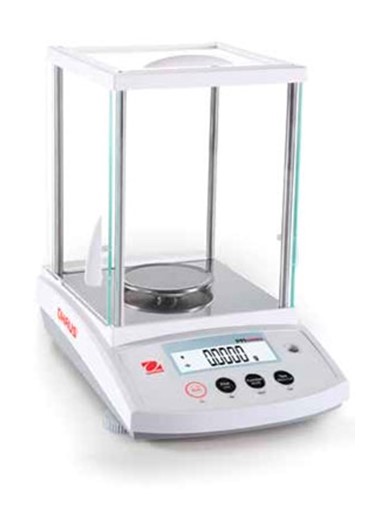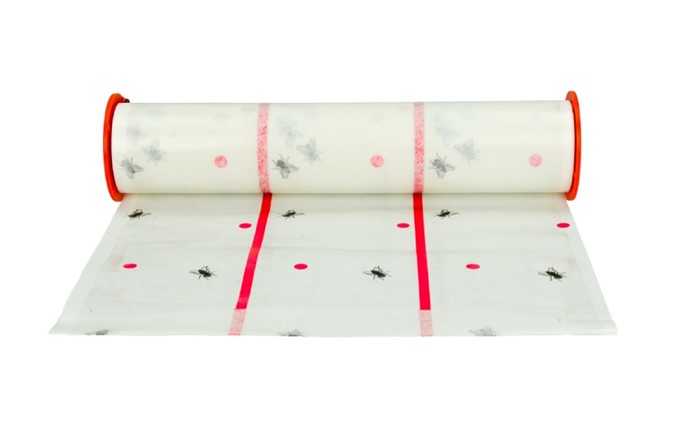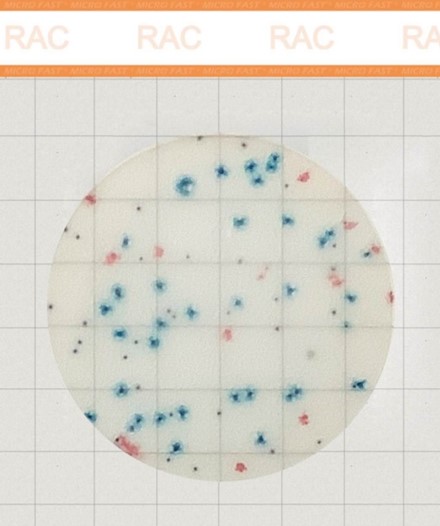The State Duma fears a shortage of vaccines and drugs for farm animals
In their letter, the parliamentarians indicate that certification will become an obstacle to the import of 80% of foreign vaccines and medicines into the country. “Reducing access to such drugs will reduce business performance, affect domestic food prices and worsen the international competitiveness of Russian products,” the letter says. In addition, this may pose a threat to the biological and food security of the country and reduce the availability of food for the population, said Stanislav Naumov, a member of the Liberal Party faction. Also, the reduction in the availability of drugs leads to an increase in prices for veterinary services for citizens, reduces the quality of treatment and prevention of animal diseases.
Victoria Abramchenko's representative, Marta Galicheva, told Izvestia that the deputies' appeal had been accepted and would be sent to the relevant departments for processing. Regulators are in close cooperation with the relevant unions and associations and monitor the situation. There are no prerequisites for a shortage of veterinary drugs and vaccines, she added.
The ROSSELKHOZNADZOR told the publication that Russian manufacturers, with state support, are annually increasing the production of medicinal products for agricultural and domestic animals. As for imported vaccines, there is no ban on their import. Moreover, foreign companies have already imported 5.2 billion doses of vaccines for all animal species to RUSSIA in the first quarter of 2023, which is 26% more than in the same period last year (4.1 billion doses). This is enough not only for intensive trading, but also for the accumulation of stocks. The department also believes that the requirementsGMP inspections are not new, redundant, unfeasible, or obstructing trade. All Russian production facilities have already passed this procedure. Inspections took place at 32 foreign sites, and conclusions are being prepared on 23 more, the Rosselkhoznadzor said.
Yevgeny Lapinsky, HEAD of the livestock and veterinary department of the National MEAT Association (NMA), says that it is true that many veterinary preparations will not be used from September 1 due to new requirements. “Not all companies go through the GMP certification procedure intensively and smoothly, judging by the information on the website of the Rosselkhoznadzor <...>. Based on this, many enterprises may not have time to go through this procedure and there may be a shortage of drugs,” Lapinsky commented. According to him, among the likely consequences of the shortage is an increase in the death of animals and an increase in the cost of production, which in the end may affect consumer prices.
Executive DIRECTOR of the Association of Veterinary Pharmaceutical Manufacturers (AVPHARM) Semyon Zhavoronkov also says that there is a risk of a shortage of veterinary drugs and vaccines. “I have to admit that the situation has not changed for the better over the past year. We at AVPHARM have repeatedly stressed that the changes in regulation that come into force on September 1, 2023 will inevitably deprive Russian consumers of most of the imported veterinary drugs,” he commented.
According to Zhavoronkov, the situation is alarming, and veterinary specialists already understand this, because as soon as the possibilities for importing vaccines and other drugs to Russia are limited, their production for the Russian market will stop, and capacities will be redistributed to cover the needs of other countries. The current global shortage will not allow the release of veterinary drugs “in stock” in the hope that sometime later, if restrictions are lifted or relaxed, they can be delivered to Russia. This is just such a situation when a problem cannot be allowed to arise in any case, and it will be too late to deal with its consequences in September, Zhavoronkov is sure.
“I note that the shortage of drugs is when the drug is difficult to purchase: you have to wait longer, look for it from another supplier and, possibly, at a different price. At the same time, in some categories of drugs, if nothing changes, by September 1 we will be dealing with a more dangerous situation - the lack of drugs, when consumers simply cannot find what they need, for any money, ”says He. Both situations are dangerous and exacerbate inequalities in access to essential medicines. Someone will be able to pay more and will receive drugs in the first place, someone will order them directly from abroad from acquaintances and other individuals. And someone simply will not be able to find the necessary funds anywhere else.
The problem is also that the shortage and lack of necessary drugs lead to the formation of a black market for drugs that enter the country and circulate outside official channels and without control by manufacturers and Russian authorized authorities . No amount of control measures will stop the growth of this market until domestic consumers have the drugs they need.
“You don’t need to look far for an example: in almost every store today you can find the famous carbonated drink in the original red packaging, which is not officially produced in Russia. But here we are not talking about soda, but about drugs and immunobiological drugs, ”Zhavoronkov notes. According to him, the formation of a black market is a huge risk for international trade. This becomes a wake-up call for the World Organization for Animal HEALTH and importers in other countries.
Imported drugs today are still half of the entire Russian market, Zhavoronkov continues. Authorities rely on import statistics and gross figures, but this gives a very limited picture of the state of the market, if you do not additionally take into account the quality characteristics of drugs, ignore treatments for less common diseases of small animals, and do not take into account the state of stocks. “We communicate with agricultural producers and we know for certain that they are actively purchasing incoming imported products to form stocks, which greatly distorts the market and affects the real availability of drugs to consumers,” he says.
Now there are no significant problems with the supply of vaccines and drugs, Lapinsky estimates. “At least the members of our association don’t complain much,” he adds. In addition, according to Rosselkhoznadzor, imports have increased, which is likely due to the fact that companies are trying to build up reserves, admits Lapinsky.
Agroholding "Steppe" uses mainly Russian veterinary drugs that successfully compete with foreign ones in terms of priceand quality, Andrey Neduzhko, CEO of the company, said. However, the industry remains highly dependent on imports, in particular in the segment of veterinary vaccines, which will be difficult to replace immediately in the event of a sharp exclusion from circulation. “Vaccines for the dairy cattle of the Steppe agricultural holding were purchased in advance,” the top manager clarifies. “It is necessary to develop domestic production of veterinary drugs, but import substitution should be carried out in stages, including the development of a scientific base, stimulation of Russian research and development on the creation and transfer of technologies, support for domestic manufacturers and investment projects to launch and develop production capacities, as well as stimulate the demand of agricultural producers.”



























































